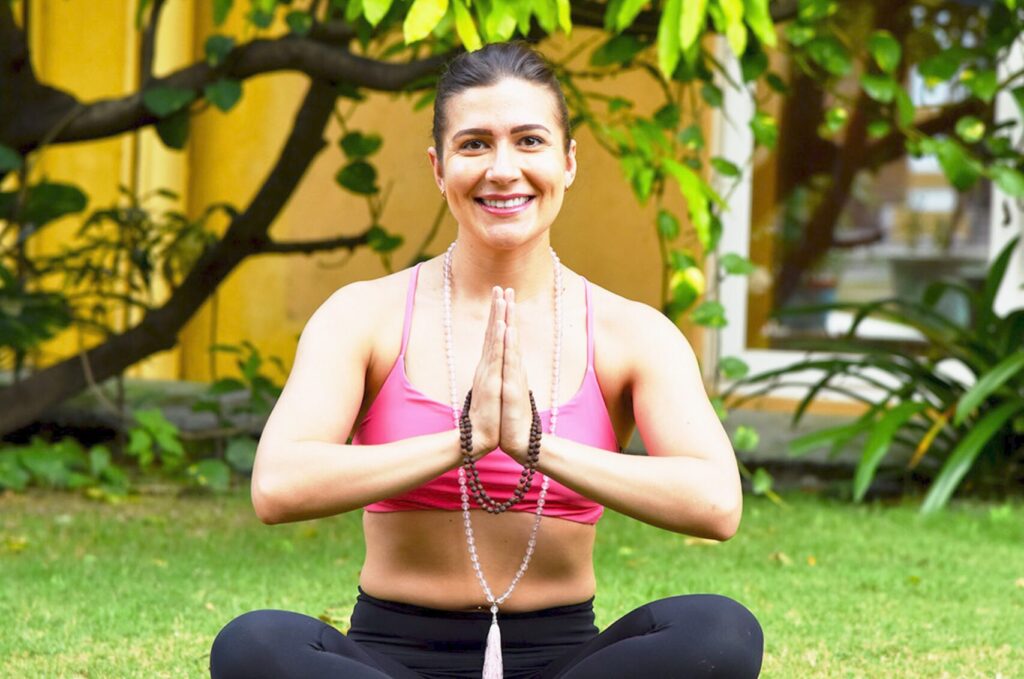How to relax the mind – In today’s fast-paced world, it is essential to take some time off to relax the mind. Relaxation is essential to maintain a healthy mind and body. Stress and anxiety can lead to various health problems such as high blood pressure, heart disease, and depression. Therefore, it is crucial to find ways to relax and calm the mind. In this article, we will discuss various techniques to relax the mind.
Understanding the Mind
Before discussing techniques to relax the mind, it is essential to understand how
the mind works. The mind is continually processing information, and it is
challenging to control the thoughts. The concept of mindfulness can help in
controlling the mind. Mindfulness involves observing the present moment non-judgmentally, with an open and accepting attitude. It will helps in reducing anxiety and Stress and improving overall well-being. Research studies shows that, it can improve focus, memory, and decision-making skills.
Techniques to Relax Mind

1. Breathing Techniques :
Breathing techniques such as deep breathing, diaphragmatic breathing, and alternate nostril breathing can help in reducing stress and anxiety.
These techniques help in reducing the heart rate and promoting relaxation.
2. Meditation:
Meditation is a popular technique for relaxation. It involves
sitting in a quiet place and focusing on the breath or a mantra. It helps in
reducing stress and anxiety and promoting relaxation.
3. Yoga:
it is a Mental and Physical practice that has various postures,
breathing techniques, and meditation. helps to reduce stress and anxiety,
improving flexibility, and promoting relaxation.
4. Visualization:
Visualization involves imagining a peaceful scene or a relaxing
place. Visualization helps in reducing anxiety,stress and promoting relaxation.
5. Progressive Muscle Relaxation:
Progressive Muscle Relaxation involves tensing and relaxing the muscles of the body.
The Importance of Sleep
Sleep is essential for the proper functioning of the mind and body. Sleep
deprivation can lead to various health problems such as obesity, high blood
pressure, and diabetes. Strategies to improve sleep quality involve sticking to a consistent sleep schedule, refraining from consuming caffeine and alcohol before going to bed, and establishing a soothing sleep setting.
The Role of Diet in Relaxation
Diet plays a crucial role in relaxation. Foods that help in relaxation include
fruits and vegetables, whole grains, and lean protein. Foods to avoid for better
relaxation include caffeine, sugar, and processed foods.
Exercise for Relaxation
Exercise is an effective way to reduce stress and anxiety and promote relaxation. Types of exercises that can help in relaxation include yoga, walking, swimming, anddancing. The benefits of exercise include improving mood, reducing stress andanxiety, and improving overall well-being.
The Importance of Digital Detox
The pervasive nature of technology in our daily lives makes it difficult to disconnect, yet overuse can result in elevated levels of stress and anxiety. Therefore, it is essential to take a break from technology from time to
time. Tips for digital detox include setting a time limit for technology use,
avoiding technology before bedtime, and engaging in outdoor activities.
Relaxation Techniques for the Workplace
Workplace stress can lead to various health problems such as high blood pressureand depression. Therefore, it is crucial to find ways to reduce work stress. Techniques to reduce work stress include taking breaks, practicing deep breathing,and setting realistic goals.
Conclusion - How to Relax the mind
In conclusion, relaxation is essential for maintaining a healthy mind and body.
Various techniques can help in relaxing the mind, including breathing techniques, meditation, yoga, visualization, and progressive muscle relaxation. Other factors such as sleep, diet, exercise, digital detox, and workplace stress management also play a crucial role in relaxation. By incorporating these techniques into our daily routine, we can reduce stress and anxiety and improve overall well-being.
FAQs
1. Can relaxation techniques help with anxiety?
Yes, relaxation techniques such as deep breathing, meditation, and yoga can help in
reducing anxiety.
2. Can exercise help in reducing stress?
Yes, exercise can help in reducing stress by releasing endorphins, which are
natural mood boosters.
3. Can digital detox help in reducing stress?
Yes, taking a break from technology can help in reducing stress by promoting
relaxation and reducing overstimulation.
4. Can diet affect relaxation?
Yes, a healthy diet can help in promoting relaxation by providing essential
nutrients and avoiding foods that can cause stress and anxiety.
5. Can workplace stress affect mental health?
Yes, workplace stress can lead to various mental health problems such as
depression, anxiety, and burnout. Therefore, it is crucial to find ways to manage
workplace stress.



